
Big News: Portland Pauses SDC Fees for 3 Years on Most Residential Development
The City of Portland has approved a major change that could significantly reduce the cost of building new homes—including single-family homes, duplexes, and multifamily projects. Starting August 15, 2025, System Development Charges (SDCs) will be paused for three years for most new residential dwelling units.
What Are SDCs?
SDCs are one-time fees charged by the city to help fund infrastructure like roads, parks, water, and sewer systems. These fees can add $20,000 or more to the cost of building a single home—and even more for larger projects.
What’s Changing?
From August 15, 2025 through September 30, 2028, residential building permits that meet eligibility criteria will automatically qualify for an SDC exemption—no separate application required.
The goal is to jumpstart 5,000 new housing units by lowering upfront development costs and helping stalled projects move forward.
What About ADUs?
This is where it gets important:
- Accessory Dwelling Units (ADUs) and caretaker quarters are explicitly excluded from this new, temporary exemption.
- ADUs still have their own separate SDC waiver program, but that requires an application and includes conditions—such as prohibiting use as short-term rentals (Airbnb/VRBO) for 10 years.
- In other words, if you’re planning an ADU, you’ll continue using the ADU SDC waiver program, not this new blanket exemption.
For all other new dwelling units (single-family homes, duplexes, triplexes, fourplexes, multifamily apartments, and congregate housing), the new pause applies automatically if your permit is issued in the right window.
What Housing Types Qualify?
Here’s a quick guide to which projects benefit under the new SDC exemption:
| Housing Type | Qualifies for New 3-Year Pause? | Key Notes |
|---|---|---|
| Single-Family Homes | ✅ Yes, if permitted between Aug 15, 2025 – Sept 30, 2028 | |
| Accessory Dwelling Units (ADUs) / Caretaker Quarters | No, excluded from the new pause (must use the separate ADU waiver program) | |
| Duplexes, Triplexes, and Fourplexes | ✅ Yes, covered under the exemption | |
| Apartment Buildings / Mixed-Use Housing | ✅ Yes, for the residential units (non-residential portions may still owe SDCs) | |
| Congregate Housing (senior living, co-living, dorms) | ✅ Yes, included if inspection/guarantee requirements are met | |
| Transient Lodging (short-term rentals, hotels, etc.) | No, excluded |
⚖️ What’s the Trade-Off?
While this is great news for builders and homeowners, the city estimates a $63 million loss in SDC revenue over three years. That could impact funding for parks, transportation, and utility projects. To ensure accountability, City Council will receive regular reports tracking the program’s impact.
Why It Matters
At SQFT Studios, we specialize in smart, space-efficient residential projects—including ADUs and small infill housing.
- If you’re thinking about a new single-family home, duplex, or small multifamily project, the next three years are a prime window to save money and move your project forward.
- If you’re considering an ADU, you can still benefit from Portland’s separate ADU SDC waiver program—but the rules there are different, and we’ll guide you through them.
Have questions about how this affects your project? Contact us and let’s talk.
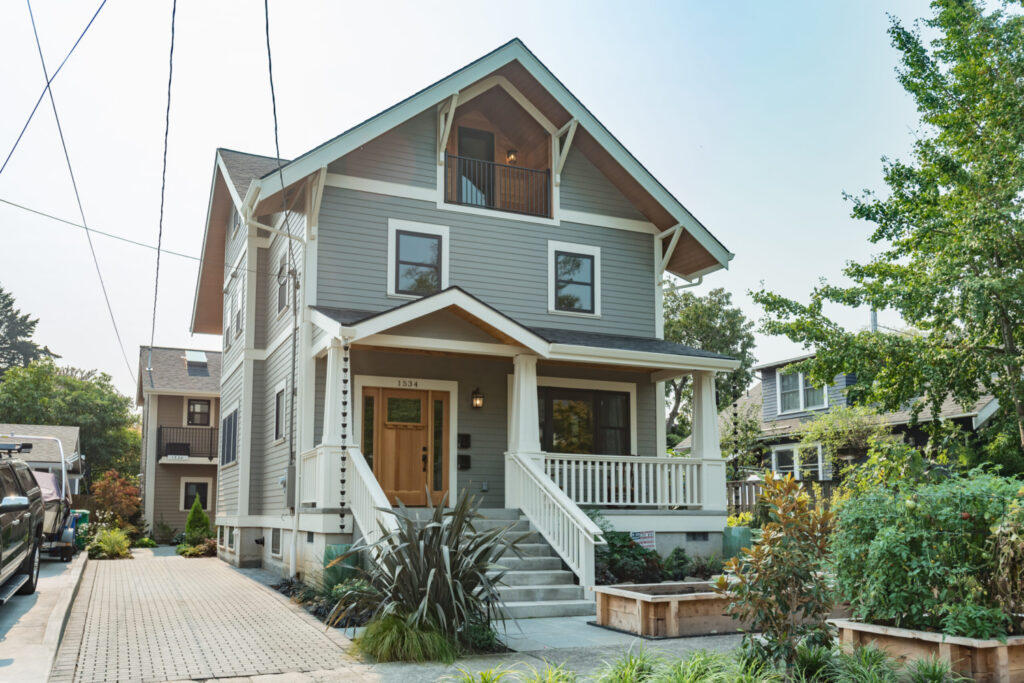
Need help understanding what qualifies?
What Counts as Residential Development Under the New SDC Pause?
Not sure what qualifies? Here’s a quick guide to the types of housing that can benefit from Portland’s new SDC fee pause:
Single-Family Homes
A stand-alone house built on its own lot. It includes:
-
New construction or replacement of a detached home
-
Tear-downs and rebuilds (if a new permit is issued)
Great for: homeowners building on a vacant lot or replacing an older home.
Duplexes, Triplexes, and Fourplexes
These are small multifamily homes with:
-
2, 3, or 4 separate units in one building
-
Often still allowed in residential neighborhoods under Portland’s Residential Infill Project (RIP)
Great option for: families co-living, aging in place, or rental income on a single lot.
Apartment Buildings & Mixed-Use Housing
Larger residential developments (5+ units), which may include:
-
Apartments, townhomes, or stacked flats
-
Mixed-use buildings with residential units above commercial spaces
Ideal for: urban infill developers or multifamily housing projects
Congregate Housing
Special-purpose shared housing, such as:
-
Senior living facilities
-
Co-living communities
-
Group homes with shared services
Often includes private sleeping areas with shared kitchens, bathrooms, or communal spaces.












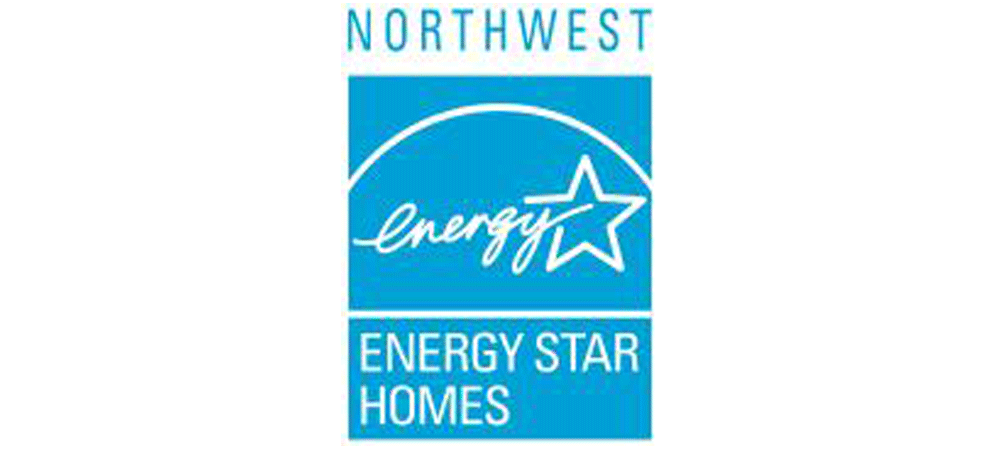

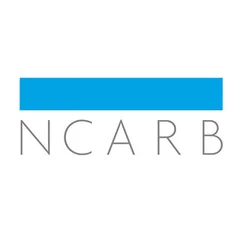
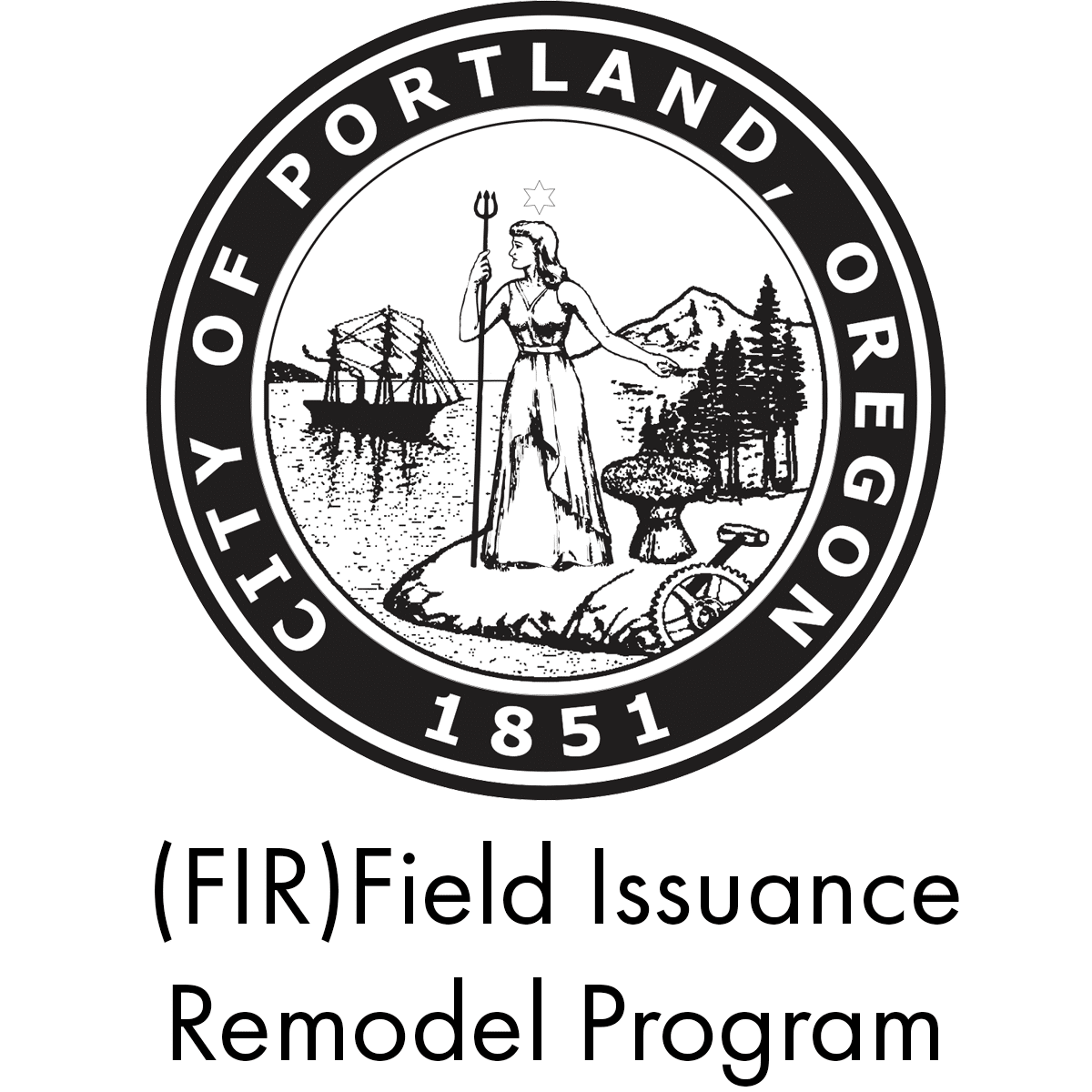
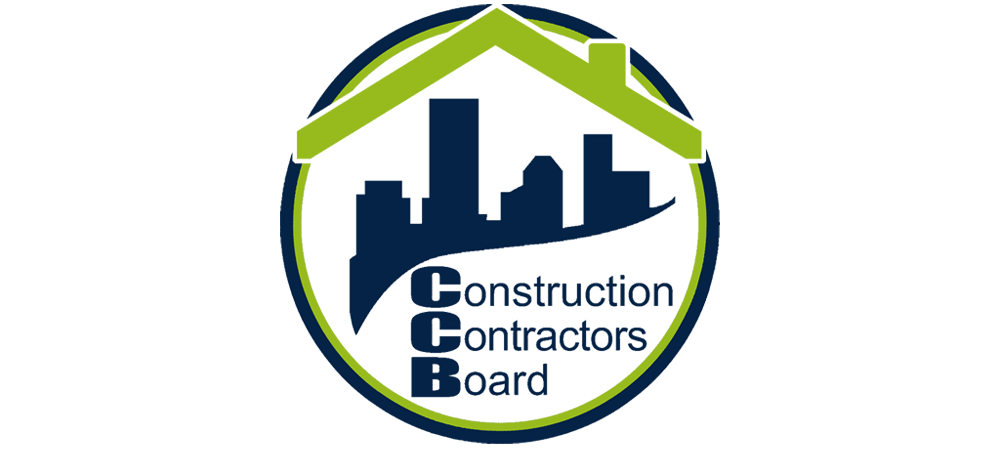




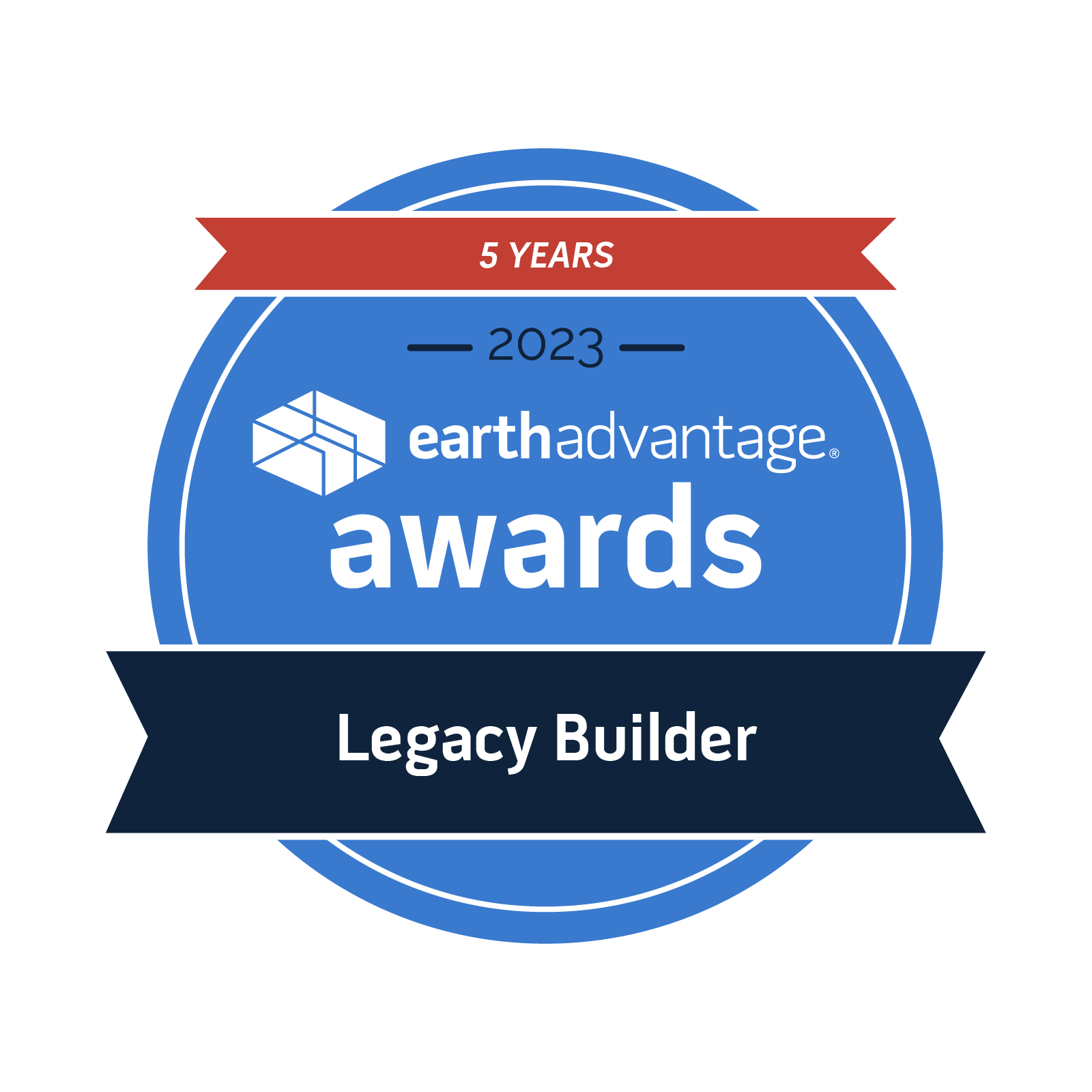


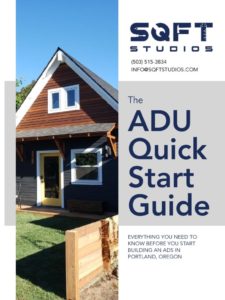 Download our ADU Quickstart Guide and learn about the features and benefits and ADU can provide to your existing property.
Download our ADU Quickstart Guide and learn about the features and benefits and ADU can provide to your existing property.